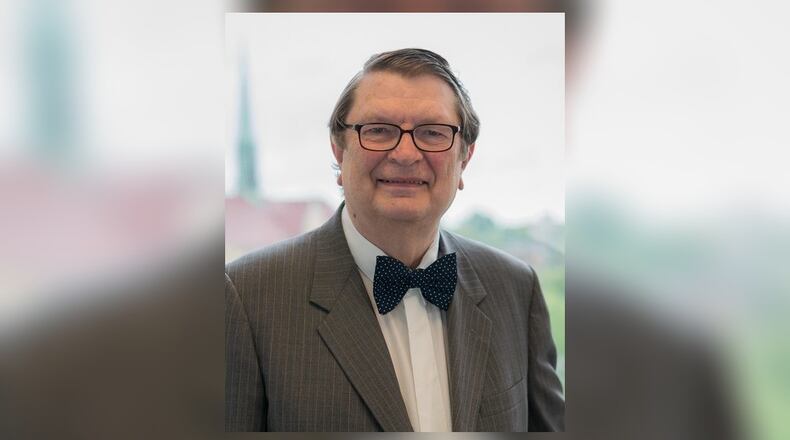His investigation and court-martial proceeded at Ft. Benning, Georgia, as my own military career proceeded in Washington, D.C., representing the U.S. Army at the Government Appellate Division. In my four years there I worked on perhaps 600 briefs and argued more than 100 cases, but by far the biggest case was my assignment to defend Lt. Calley’s court-martial conviction.
I remember when the Calley case came into our office. The transcript filled a four-drawer file cabinet. Assigned to brief and argue part of the case, I immediately started my research on the issues we expected to be raised by his appellate counsel, former Judge George Latimer and current JAG Captain Houston Gordon.
Lt. Calley’s primary defense was that he was just following the orders of Captain Ernest Medina who had given Charlie Company his pep talk the evening before the Search and Destroy mission the next morning. As I evaluated the evidence, I measured Lt. Calley’s conduct by the common-sense rule. The evidence was clear that privates Maples and Conti, enlisted troops under Lt. Calley’s command, refused to do the shooting because they had the common sense to know that you are not allowed to shoot unarmed civilians who are huddled together in a ditch begging for their lives. Even Private Paul Meadlo, who initially did some of the shooting – he even admitted that in a live CBS interview with Mike Wallace – broke down and cried and refused to shoot any more. So, based on that measure of conduct, I was always convinced that Lt. Calley was rightfully convicted.
But Lt. Calley’s defense claim still had to be heard by the Army Court of Military Review, and that was a dramatic day, lasting six to eight hours. The chief judge was Coloney Wayne Alley, a very well-respected JAG officer who went on to be appointed by President Reagan to be a U.S. District Court Judge in Oklahoma City. (His courtroom was heavily damaged by Tim McVeigh’s bombing of the adjoining Murrah federal office building.) George Latimer, Calley’s counsel at trial and on appeal, gave his argument in a lengthy sing-song cadence that reminded me of W. C. Fields. My role was simple: defend the evidence and the conclusions to be drawn from the evidence. Calley’s conviction was affirmed. It was re-affirmed later by the Court of Military Appeals.
While many criticize Calley’s prosecution because he appears to be only person convicted, I never thought that criticism had any validity. Captain Ernest Medina was acquitted for his role in the massacre, albeit acquitted by his own testimony, which I never believed. The remaining members of Calley’s platoon could not be tried because they had all served their enlistments and were back home. Once released, the Army had no jurisdiction to try them. (Theoretically, Vietnam could have tried them, but no one believed the United States of America would extradite one of its former soldiers to Vietnam.)
After his release from the Army, Calley married the daughter of a jewelry store owner in Columbus, Georgia, and that ended in divorce some thirty years later. Up until 2009 Calley had refused to make any statement or to talk to any reporter. That was a good thing. Finally, he spoke to a local Kiwanis Club in Columbus, Georgia, and publicly regretted his actions at My Lai. In the end, Calley carried with him for fifty years the infamy of My Lai, compounded by his divorce from Penny Vick and by his disease from prostate cancer. I think he died a lonely man. But his memory will live on.
Merle Wilberding is a senior attorney at Coolidge Wall Co. LPA and a member of the Ohio Veterans Hall of Fame.
About the Author

